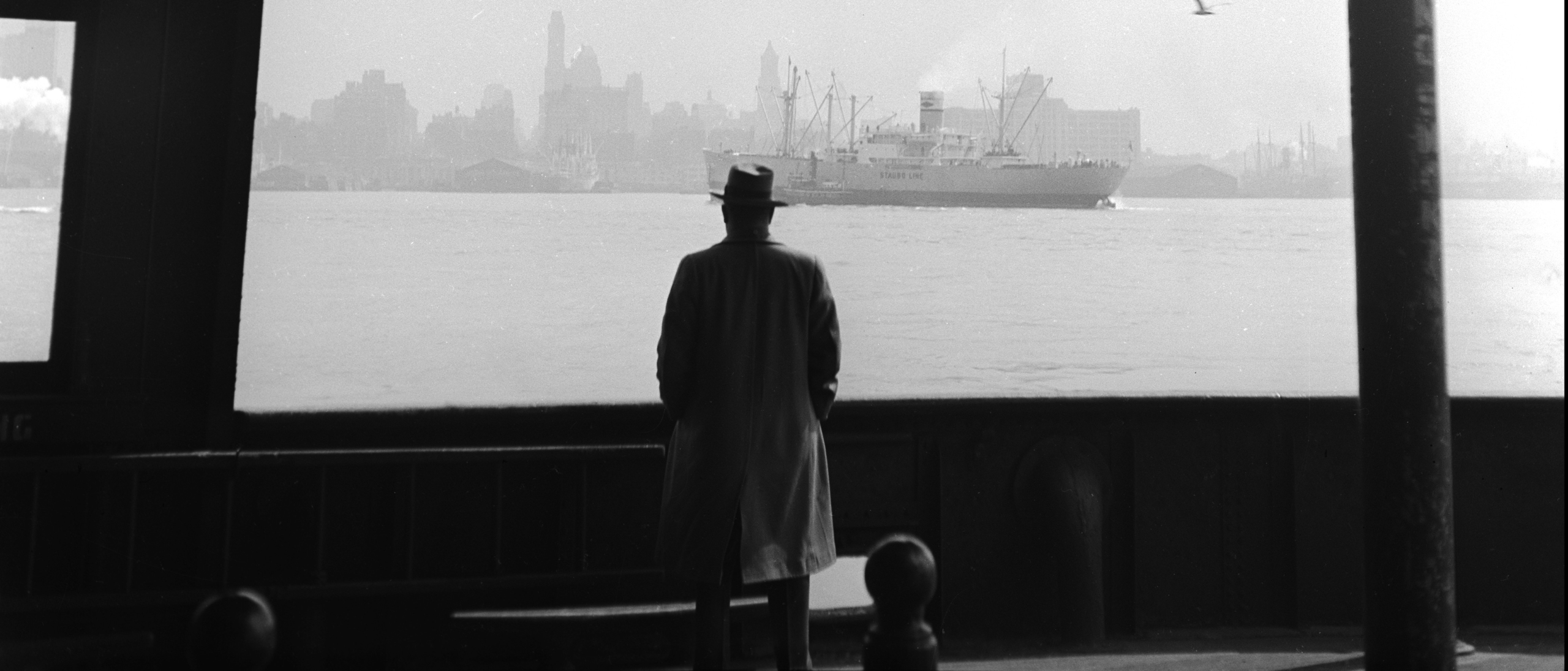Sign up for The Media Today, CJR’s daily newsletter.
I’m an Australian journalist sitting in on a famous and decorated newsroom’s editorial meeting in New York. They’re poking holes in a piece from another famous and decorated publication that suggests rising crime in California is the defining factor of recent election results. “He’s put tent camps and anti-Asian hate crimes all in the same sentence as part of the issue, but is there any proof they’re linked?” someone asks, clearly bothered.
I’m on a tour of New York newsrooms, as part of an award I won in Australia. Later, I read the announcement of an important appointment at another leading American journalistic institution. The words threat, democracy, and objectivity all show up as expected. Do I feel impassioned? No. Do I worry about admitting that? Yes.
My trip has raised a fear I have that my view of journalism is too simplistic for the times we live in. I don’t think debates about objectivity and democracy can solve the pressing issues we face.
A story that paints an honest portrait with no grand overtures or real answers often cuts through where one written with a presumed infallibility does not. I think of Jessica Bruder’s Nomadland. It detailed nomadic lives lived following seasonal work around America. But instead of long, self-righteous paragraphs advocating against capitalism and exploitation, she used spare and restrained descriptions that were so much more powerful in making the same points. She embraced the nuance, and it hit harder.
I once saw a presentation by Andrea Elliott, whose Invisible Child is a similarly nuanced portrait of poverty in America. She believes, she said, in the technique of “standing in the midst of”—wording taken from the Old English version of understand. Like Bruder, Elliott is skilled in capturing nuance while sidestepping sensationalization and easy answers.
It inspired me, in my own work, to learn to be a better reporter. To get close to people, to persuade them to trust me with their stories, and then to try to write them down honestly and with humility.
Touring so many newsrooms, I got the sense that American journalists feel that in a hostile environment, they have to be a touch above everyone else, or at the very least ahead of them. But I take the opposite conclusion. To survive, and to build trust, maybe it’s better to remember how to be with people. To hear and understand them, without judgment or sentimentality.
Has America ever needed a media defender more than now? Help us by joining CJR today.



